Delaware Prosperity Partnership
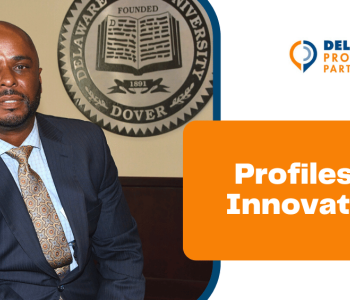
February 9, 2023
Dr. Michael Casson of DSU and The Garage
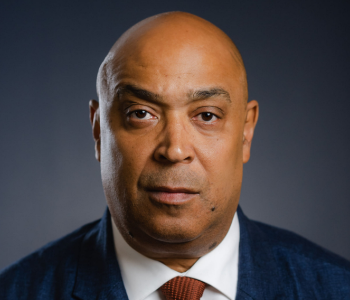
February 8, 2023
Meet DPP’s new marketing director
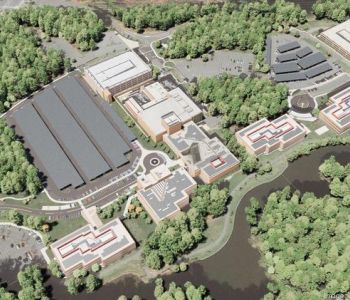
February 6, 2023
JPMorgan Chase Invests in DE Sites, Jobs
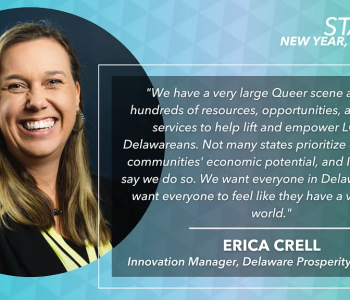
February 1, 2023
DPP / StartOut Collab Boosts Startup302

January 11, 2023
Delaware Joins Forces for Clean H2
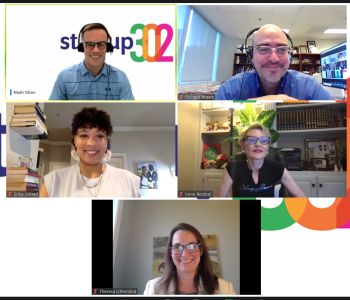
January 10, 2023
Startup302 Accepting Entries Through Feb. 24
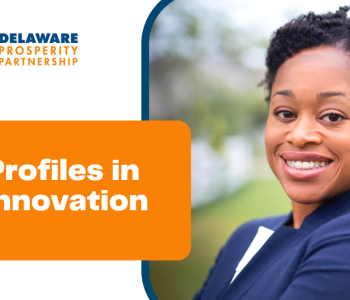
January 4, 2023
Profiles in Innovation: Hx Innovations

December 22, 2022
City National Bank Growing in Delaware
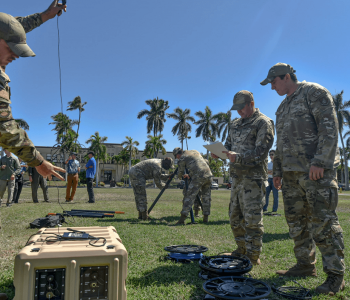
December 13, 2022
CP Cases Moving to Delaware to Expand

December 5, 2022
Startup302 Info Session December 14, 2022
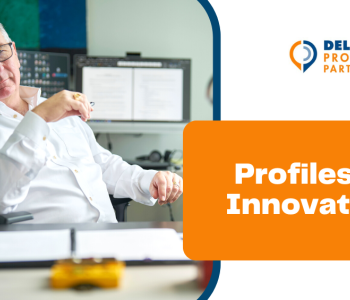
November 10, 2022
Profiles in Innovation: Dr. Eric Kmiec
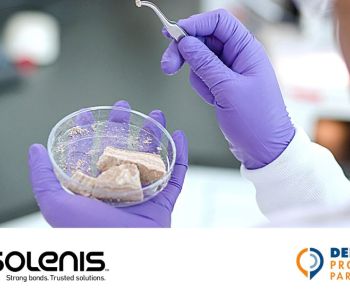
October 25, 2022
Global Water Tech Leader Expands in Delaware























